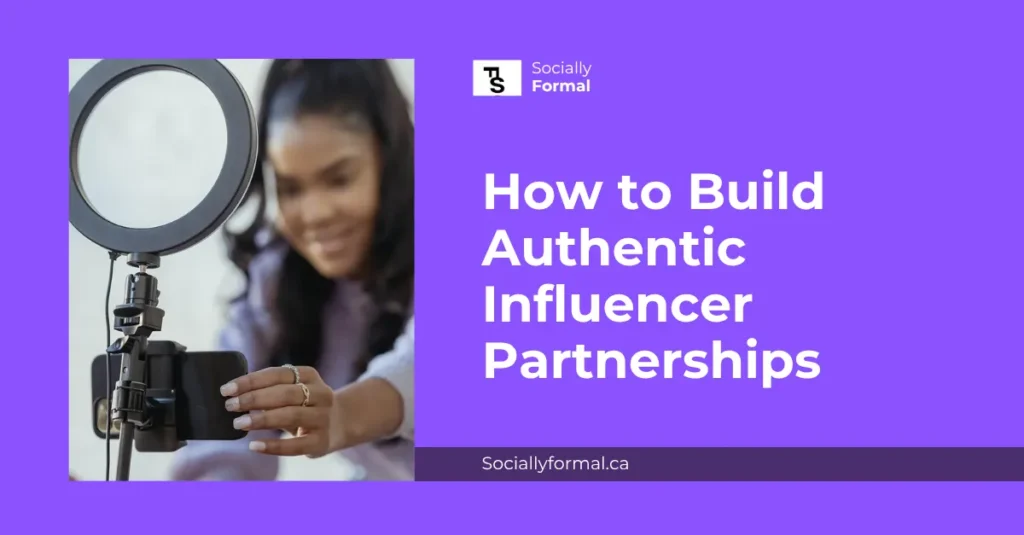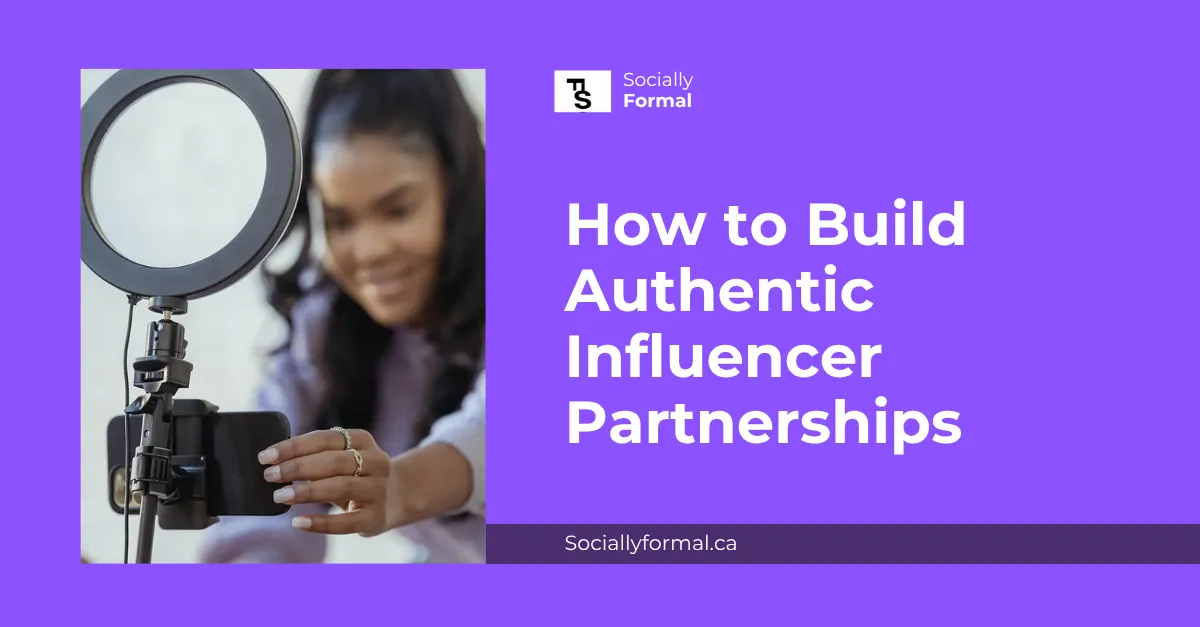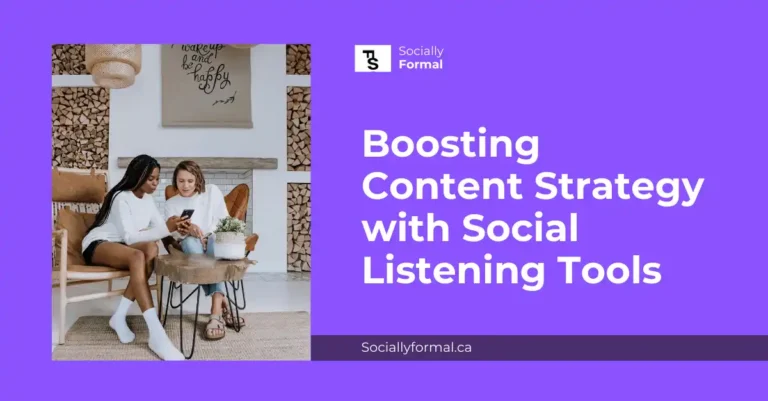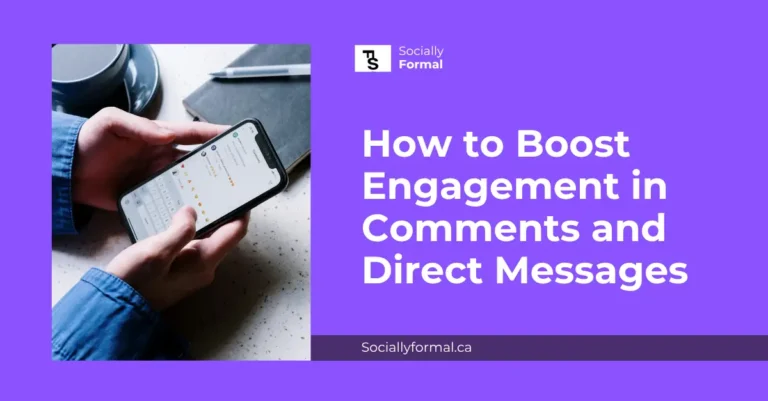How to Build Authentic Influencer Partnerships
How to Build Authentic Influencer Partnerships? – Influencer partnerships have become a cornerstone of marketing strategies in today’s digital landscape. These collaborations involve brands working with individuals on social media, known as influencers, to promote products or services. The success of such partnerships hinges on authenticity; when consumers perceive these collaborations as genuine, they are more likely to trust and engage with the brand. This comprehensive guide explores the importance of authenticity in influencer partnerships and provides actionable steps for brands to cultivate genuine connections that resonate with audiences and drive success.

Why Authenticity Matters?
Consumers are inundated with advertisements daily, leading to skepticism toward traditional marketing methods. Authenticity has emerged as a critical factor in capturing consumer attention and fostering brand loyalty. A study by Stackla reveals that 86% of consumers prioritize authenticity when deciding which brands to support. This is especially crucial in social media marketing, where genuine influencer partnerships can significantly boost brand perception and engagement.
The power of authenticity lies in its ability to:
- Build Trust: Authentic partnerships establish credibility, making consumers more likely to trust the brand.
- Create Emotional Connections: Genuine collaborations resonate on a personal level, fostering deeper emotional engagement.
- Differentiate from Competitors: Authenticity helps brands stand out in a crowded marketplace by showcasing unique values and stories.
- Inspire Loyalty: Consumers are more inclined to remain loyal to brands they perceive as authentic and transparent.
Steps to Create Authentic Partnerships
Match the Right Influencers with Your Brand
Selecting influencers who align with your brand’s values and aesthetics is crucial. Beyond follower count, consider the influencer’s content style, audience demographics, and genuine interest in your industry. For instance, a brand specializing in eco-friendly products should collaborate with influencers passionate about sustainability.
Build Long-Term Relationships
Long-term collaborations with influencers appear more authentic than one-off promotions. Sustained partnerships allow influencers to integrate the brand naturally into their content, enhancing credibility. Fitness apparel brand Gymshark exemplifies this approach by maintaining ongoing relationships with athletes who genuinely use and endorse their products.
Give Influencers Creative Freedom
Allowing influencers to craft content in their unique voice ensures authenticity. Overly controlling the narrative can lead to forced and unconvincing promotions. Encourage influencers to share personal stories and experiences with your product, fostering genuine engagement with their audience.
Utilize User-Generated Content (UGC)
Incorporating user-generated content adds relatability to your campaigns. Encourage influencers to motivate their followers to share experiences with your product, creating a community-driven narrative. Brands like Warby Parker effectively showcase customer photos and reviews, enhancing authenticity.
Be Transparent About Paid Partnerships
Honesty regarding sponsored content is vital. Influencers should clearly disclose paid partnerships to maintain trust with their audience. Transparency not only complies with regulations but also reinforces the authenticity of the endorsement.
Focus on Storytelling
Compelling narratives that highlight how your product fits into real-life scenarios resonate with audiences. Encourage influencers to create content that tells a story, showcasing the practical benefits and emotional appeal of your product. Dove’s “Real Beauty” campaign is a prime example of storytelling that connects with consumers on a personal level.
Collaborate with Micro and Nano-Influencers
Smaller influencers often have highly engaged and loyal followings. Their recommendations can carry significant weight due to perceived authenticity and relatability. Partnering with micro or nano-influencers allows brands to tap into niche communities and build trust organically.
Monitor and Measure Results
Assessing the effectiveness of influencer partnerships is essential for continuous improvement. Track metrics such as engagement rates, conversion rates, and audience feedback to evaluate success and inform future strategies.
Challenges in Influencer Marketing
While influencer partnerships offer numerous benefits, they also present challenges:
Ensuring Consistent Messaging: Maintaining a cohesive brand message across various influencer partnerships requires careful coordination.
Examples of Successful Partnerships
- Topicals: Celebrating Diversity
Skincare brand Topicals organized an inclusive event with diverse influencers, fostering authentic experiences and content. This initiative resulted in 3 million online impressions and 5,000 new followers, demonstrating the power of genuine engagement. - Gymshark: Long-Term Athlete Partnerships
Gymshark’s strategy of building enduring relationships with athletes who authentically use their products has cultivated a loyal community and elevated the brand’s status in the fitness industry.
The Future of Influencer Marketing
As the digital landscape evolves, influencer marketing is poised to adapt in several ways:
- Values-Based Partnerships: Collaborations centered around shared social or environmental values will become more prevalent, appealing to socially conscious consumers.
- Virtual Influencers: The rise of computer-generated influencers presents new opportunities and challenges for authenticity in marketing.
- Augmented Reality (AR) Experiences: Innovative technologies like AR will enable interactive and immersive influencer content, enhancing consumer engagement.
- Advanced Data Analytics: Enhanced analytical tools will allow brands to identify optimal influencer partnerships based on detailed audience insights and performance metrics.
Conclusion
Creating authentic influencer partnerships isn’t just about selling products—it’s about building trust and forming connections that last. By choosing influencers who truly align with your brand, giving them creative freedom, being honest, and focusing on storytelling, you can create campaigns that feel genuine and leave a lasting impact on audiences.
Remember:
- Authenticity is key—it makes people believe in your brand.
- Long-term relationships often work better than quick promotions.
- Smaller influencers can be just as powerful as big ones (or even more so)
As digital marketing continues to grow, staying true to these principles will help brands stand out in a crowded space while building meaningful relationships with both influencers and customers alike!



